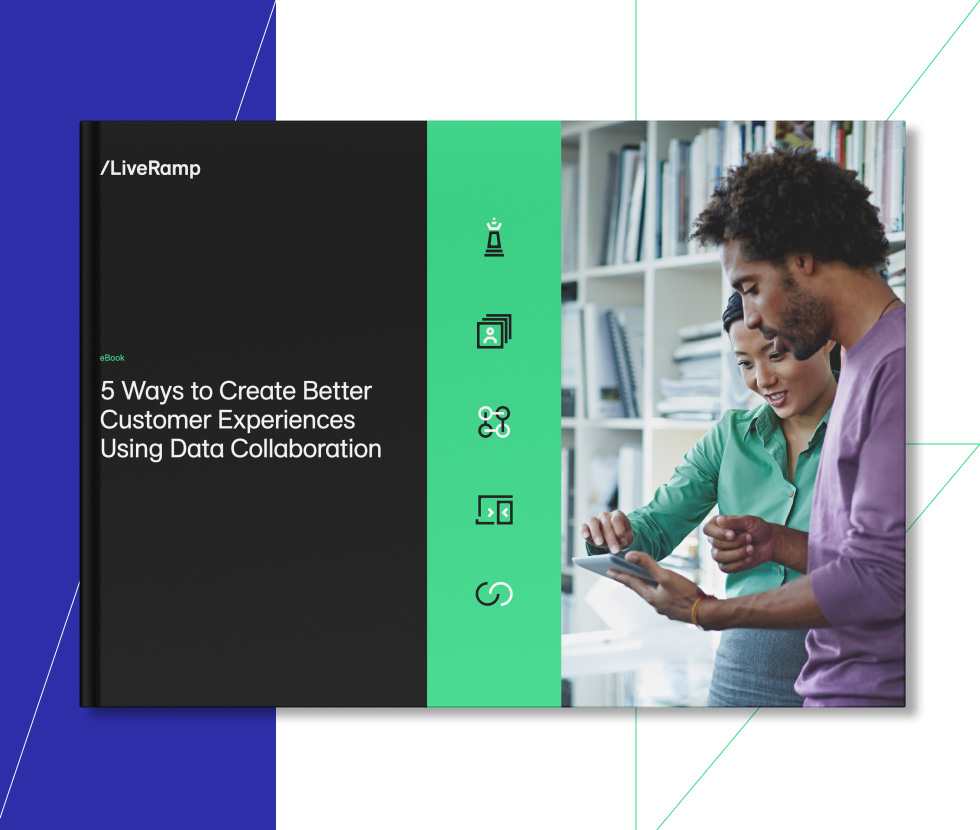What Is Interoperability?
Interoperability states that in order to be useful, software and systems need to work together to have compatible formats—different systems, devices, applications, and/or products should have the ability to connect and communicate in a coordinated way. If “interoperability” sounds like tech jargon, it’s because it is. The term was coined as a way to describe an essential characteristic of software applications and systems.
How Does Interoperability Work?
Bobby Roberts, SVP at SIS Solutions, explains that “[w]hen systems are interoperable, they have the ability to not only share information, but to interpret incoming data and present it as it was received, preserving its original context. In layman’s terms: interoperable systems speak the same language.” Think about how Microsoft Office transformed the way we work, all due to the high level of interoperability it provided.
Why Is Interoperability Important?
Interoperability is crucial when multiple technologies are used for operations. Here are the key benefits it provides:
- Increased Productivity: Interoperability helps automate things that would otherwise need to be done manually. For instance, when customer relationship management (CRM) software is able to communicate directly with an email marketing platform, businesses can save time and effort by syncing contact information and campaign data to ensure marketing efforts are aligned with their customers.
- Reduced Costs: Interoperability makes this possible by reducing manual intervention, cutting down on data entry errors, and eliminating redundancies. By streamlining operations and minimizing the need for custom integration solutions, interoperability not only saves on costs but also reduces administrative overhead.
- Reduced Errors: Interoperability reduces errors by enabling different systems to communicate directly with each other. This seamless interaction minimizes the need for manual data entry, which is where most errors happen.
Interoperability Benefits by Industry
Now that we know the general advantages of interoperability, let’s take a closer look at how it’s transforming the landscape in government, telecom, software, and healthcare.
Government: Interoperability is essential in the government sector for enabling various departments and agencies to seamlessly share information, leading to more efficient and coordinated public services. For instance, emergency services such as police, fire departments, and medical teams can swiftly exchange critical information during a crisis, resulting in prompt and well-synchronized responses.
Telecommunication: Telecommunications interoperability ensures that different systems and networks can easily connect and communicate with each other. For example, this is crucial when people travel abroad and need to use roaming services to stay connected. By bridging the gap between different technologies, communication services are more accessible and reliable for everyone.
Software: Software interoperability ensures that different software systems work together in harmony. This is important because it saves time, reduces errors, and simplifies workflows. For instance, a project management tool that can integrate smoothly with a company’s email, calendar, and file-sharing system allows teams to collaborate more effectively and manage tasks in a unified way.
Healthcare: Interoperability is particularly important to the healthcare industry and health information technology. Since the American Recovery and Reinvestment Act (ARRA) was enacted ten years ago in 2009, healthcare providers have moved from paper to electronic health records with the goal of improving patient outcomes and allowing for seamless access to information that can address the health needs of individuals and populations. According to the Healthcare Information and Management Systems Society (HIMSS), the electronic exchange of data has been a major development in healthcare in recent years and has increased productivity, reduced cost, reduced errors, and improved patient privacy and the patient experience.
Now we have another reason to reacquaint ourselves with this term. Our world economies are global and intimately interconnected, and many new laws governing data use and data exchange are currently being developed. GDPR, ePrivacy Regulation, CCPA — each of these have a common purpose but take different approaches and reflect different cultural contexts that do not guarantee interoperability.
Maintain Data Regulations with Interoperability Laws
To better serve both individuals and populations at large, to minimize gaps between different standards, and to maintain the growth of a global economy reliant on the movement of data, it is vital that we have globally interoperable laws. For example, many of the laws cited require that companies demonstrate the accountability of their data governance programs. While there is diversity around the globe of legislation protecting individuals from the inappropriate use of information, these diverse approaches can and should be made to work together to ensure the secure flow of data.
It will take some time for these new privacy laws to fully mature, so now is the time to ensure interoperability by making data usage standards available to the general public and developing and maintaining them via a collaborative and consensus-driven process. These standards will require a strong framework that preserves thinking and learning with data that is key to prosperity and innovation and interoperable across governments.
It is possible to protect and preserve innovation and the vibrancy of the global economy while acknowledging and respecting other cultures, economies, and corresponding data protection laws around the world. Countries should be mindful to adopt privacy regulations that avoid overlapping, inconsistent, or conflicting rules. Privacy regulation should support transferring data across any borders whether it’s server to server, organizational, or even across national boundaries.
LiveRamp believes in the ethical use of data and the power of data for good. Learn more about our data ethics initiatives.
